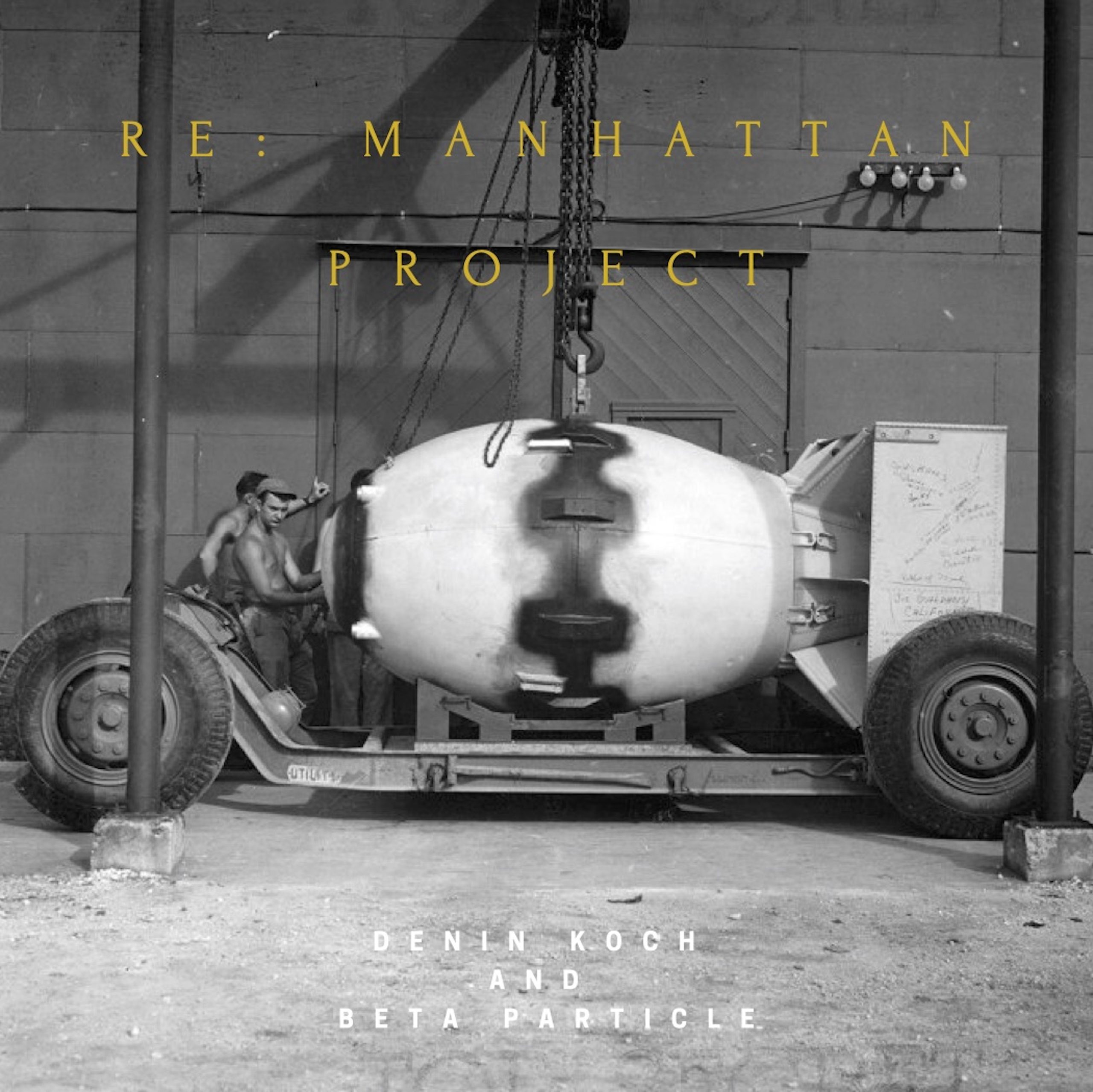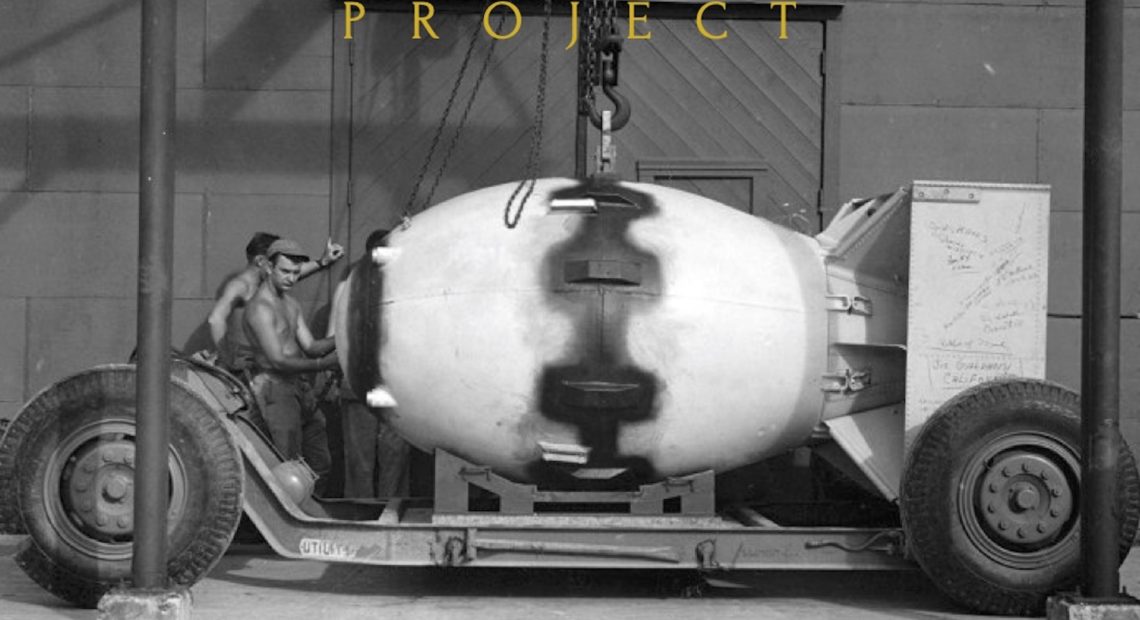
75 Years After Bombings, Tri-Cities Musician’s Jazz Album Explores Complicated Hanford History
Listen
Walking into the vast B Reactor chamber at the Hanford Site, Tri-Cities musician Denin Koch felt the pull of history and innovation.
“It’s like the feeling you get when you go up the first hill of a roller coaster. You walk into the room and you face the big reactor face. You look at it, and you can kind of confront science and history and politics all at once,” Koch says, four years later.
The science: The B Reactor is the world’s first full-scale nuclear reactor. The history and politics: It produced plutonium for the Fat Man bomb, which the U.S. dropped on Nagasaki on Aug. 9, 1945.
It was far from the first time Koch thought about the region’s atomic past. The Tri-Cities is well known for its atomic influences, including pizza shops, bowling alleys and Koch’s high school mascot.
“When you grow up in the Tri-Cities, it’s pretty impossible to escape the influence of nuclear culture,” Koch says. “The nuclear theme is kind of everywhere.”
But his trip to the B Reactor when he was 19 stirred his musical passion. Koch had long been a musician. He grew up playing guitar after finding his dad’s old instrument in a closet. Shortly after, he joined his middle school jazz band.
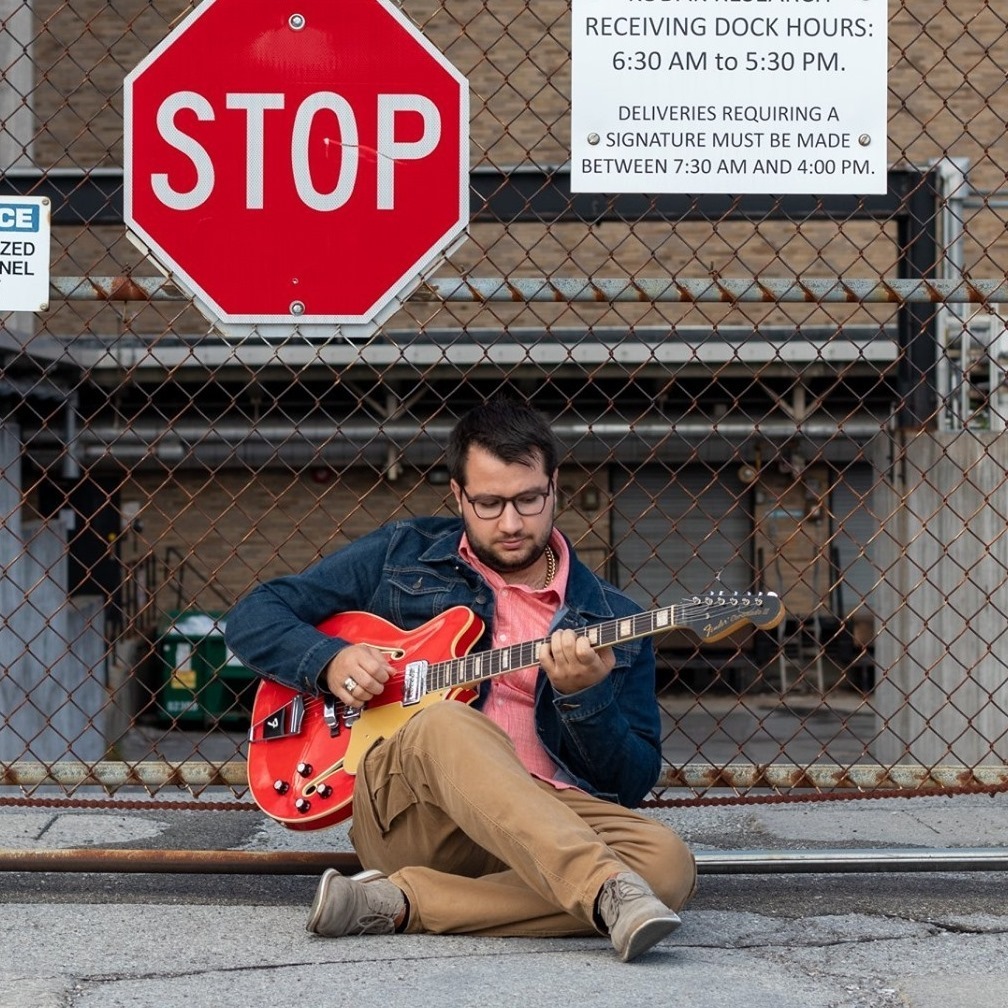
Tri-Cities musician Denin Koch was inspired to write a jazz album about the Manhattan Project after a visit to the B Reactor at the Hanford Site. His album will be released Aug. 6, 2020, the 75th anniversary of the Hiroshima bombing. Courtesy of the artist
Once he got home from the B Reactor tour four years ago, he sat down, ready to compose a song.
“I kind of locked myself in my bedroom for half an hour, an hour,” he says. “It all kind of came out at once. I kind of blacked out and looked down, and there was the song in its entirety.”
In that song, called “b reactor,” instrumentation expresses the paradox of the real B Reactor.
Koch graduated from Whitworth University in Spokane and went on to pursue his master’s at Eastman School of Music in Rochester, N.Y. That’s where a professor heard his composition and encouraged him to arrange it for a big band.
The song sounded so full and fleshed out. It sparked new ideas. So Koch decided to write a conceptual album about the entire Manhattan Project.
He calls the Manhattan Project “one of the greatest stories ever told. It’s a tragedy. It’s a drama. It’s got incredible characters, life or death scenarios. Apocalyptic scenarios. It’s still being written today.”
The album has 10 tracks, including “j. robert oppenheimer” and “the einstein-szilard letter.”
Koch is releasing the “re: manhattan project” album on Aug. 6, 75 years after the Little Boy bomb dropped on Hiroshima.
One of Koch’s favorite pieces is “the einstein-szilard letter,” inspired by the 1939 letter from a group of physicists to President Franklin D. Roosevelt. They warned him that nuclear weapons were going to be developed and that Nazi Germany was already working on doing just that.
“To me, that song managed to capture a mysterious, foreboding, dark amalgamation of things. It’s a little bit like a single snowflake starting to roll down a hill,” Koch says.
He says the band’s favorite song to play is “trinity,” which he says is musically the most complex song on the album. It’s a loud song with complicated harmonies and rhythms.
He considers the final song, “the fields the river the sky,” a love letter to the Tri-Cities.
“It’s folky and hopeful, but acknowledges there’s still work to do,” Koch says. “This issue hasn’t just gone away over the course of 75 years since these things happened.”
Koch is hoping the Mid-Columbia Symphony will perform a version of his work in an upcoming season. He also plans to bring a band to perform this album in the Tri-Cities, potentially next summer.
“Through listening to the album, my hope is that people will be challenged to take a deeper look at why things are the way they are,” Koch says.
A livestream event is scheduled for 6 p.m. and 8 p.m. Sunday, Aug. 9, at emeraldofsiam.live and on Facebook.
Related Stories:
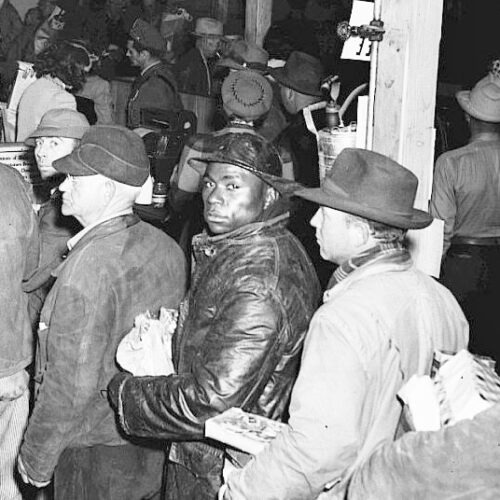
Past As Prologue: Remembering A Pasco Civil Rights Protest And Discrimination That Built Tri-Cities
By 1950, 20% of Pasco’s approximately 10,000 residents were Black, almost all living in slum conditions. Few lived in the new atomic community of Richland and none in “lily-white” Kennewick — a fact of which Kennewick city leaders and police at the time were proud. Not only was housing segregated, but Black residents were forced to endure broad discrimination in employment and education.
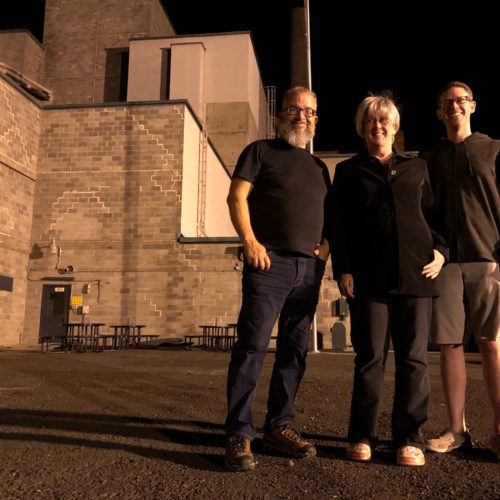
Oratorio Performed Inside Hanford’s B Reactor Explores Nuclear Workers’ Dreams And Nightmares
The creators of a new musical work called “Nuclear Dreams” highlight the dreams and nightmares of people who work and live near Hanford in Washington’s Tri-Cities.

Expert Women Explore The Heavy Burden Of Hanford Cleanup In Tri-Cities Event On March 21
PHOTO: Anna King interviewing Jane Hedges, the now-retired head of Washington Ecology’s Hanford office. Hedges grew up swimming off the docks in Richland, but only understood the massive scope of the

